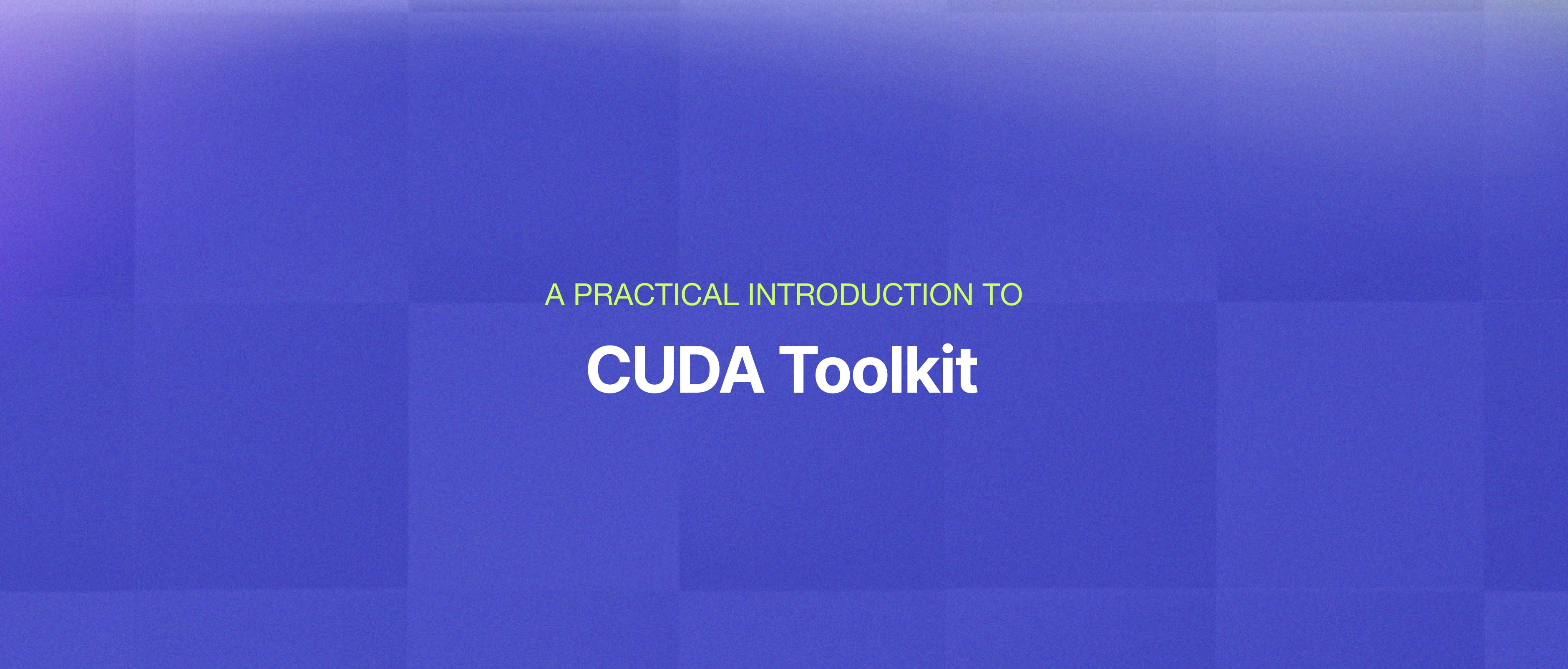What is Django?
Python-based Django is a free and open-source web application framework. A web framework is a collection of elements that makes it quicker and simpler to create websites.
A comparable set of elements are usually required when establishing a website: a method for handling user authentication (signing up, signing in, and signing out), a management panel for your website, forms, a way for uploading files, etc.
Other people realized that web developers have similar issues when creating a new website for your benefit.
As a result, they collaborated to develop frameworks, one of which is Django, that provide you with ready-made components.
Frameworks help you avoid creating the wheel from scratch and reduce some of the above in creating a new website.
Why do we use the Django framework?
It’s fast and straightforward.
Django's primary objective is to make development work simpler. This framework does this by implementing the following:
· The principles of fast development allow developers to work on multiple iterations simultaneously without having to start their schedule fresh.
·Because of the DRY (don't repeat yourself) concept, developers can repurpose existing code and concentrate on its uniqueness.
As a result, the project can be launched much more quickly.
It’s secure
Another key priority for Django is security. It aids developers in avoiding typical security vulnerabilities like clickjacking, cross-site scripting, and SQL injection and offers one of the most powerful out-of-the-box security systems available.
New security updates for Django are rapidly published. It frequently reacts to vulnerabilities and alerts other frameworks first.
It fits any web application project.
Whether a simple website or an internet-based application that handles a lot of traffic, Django lets you take on projects of any size and complexity. Why should your project use Django?
Because it is scalable and laden with extras, you can create applications that handle enormous traffic and vast amounts of data.
It works with most major databases and enables using a more appropriate database for a specific project or even many databases simultaneously. As a result, your project can be built on Mac, Linux, or PC.
It’s well-established
The popularity of Django has been shown over time. One can reach its big, encouraging community through countless forums, channels, and specialized websites.
When a code function is complex, it's simple to acquire assistance.
If your business wants to use Django as the foundation for its upcoming project, locating developers is simple.
To begin with, the most acceptable open-source framework documentation was Django's.
Additionally, it is kept up to par and updated to include new features and repairs, allowing you to respond to changes quickly.
Any problems with the framework will be fixed immediately to have confidence. New packages are often released to improve the convenience of using Django, and the program is updated frequently.
What can you do with Django?
Django was initially created to run a web application that is the producer of newspapers, which is an intriguing fact.
Media files, large quantities of content, massive traffic, and everything else that performs like a monthly web-based should be no problem for it to handle. However, the paradigm is not limited to the publishing industry.
Django is also used to build social media sites, medical applications, and financial apps for booking and traveling.
You can develop a wide variety of project types using the framework, for example, the following:
· Systems for managing business-to-business communication (B2B CRM).
· Financial platforms can assess and compute approximations based on individual data, risk tolerance, and the probability of achieving objectives.
· Web applications-compatible mobile applications for Android and iOS.
· Platforms for dealing with legal matters, such as confirming a mortgage's terms or a lease's existence.
· Built-in, personalized CRM platforms for internal data.
· Platforms allow two parties to communicate, such as a consumer and a business,
· High-volume booking services, or e-commerce sites.
· Document management systems.
· Real estate property evaluation systems.
Some trades decide to base their initiatives on multiple frameworks. Additionally, Django can be used to build standalone features, for example, A notification-sending email system for users.
Other features that make it easier to develop CRM and B2B platforms, online marketplaces, booking systems, and more include an advanced logic filtering system with energetically changing rules, algorithm-based generators, data-analysis tools, interfaces for managing investment funds, admin dashboards, and photo-based confirmation systems.
When to use and when to avoid Django?
There are no rules for which frameworks are better than others because every project will always be different. However, some principles can assist you in determining whether Django would be a good choice (or not).
When Django may be the ideal choice for you
· When you must deploy quickly and work under pressure, make modifications as you go.
· While creating a fully customized application, you don't want to spend much time developing the most fundamental features from scratch.
· The ability to swiftly scale up or down is required for your app.
· When dealing with database queries directly is not what you want to accomplish (this is where the ORM comes in).
· When you need the help of a large community to solve a problem that affects many people.
When Django may not be the best option
· Other lightweight Python solutions might be more appropriate if you work on a simple, small-scale project.
· In contrast, a microservices architecture pattern may simplify multiple managing applications than Django's monolithic design (though you could still use Django for specific features or use cases).
· For everything, you should write our custom code.
Ultimately, you will need to rely on a development team to build your ideas to the required standards.
Regardless of the language and framework, you select your organization's website as quickly as possible.
Staff augmentation can be the answer if you need to swiftly scale up your capacity or have a skills gap in your internal team.
Other Blog Posts

Firewall Architecture for the Modern Enterprise
.webp)
AI in Healthcare: The Technologies Redefining Care Delivery Today







